The recent National March for Life in Rome was marked by two unprecedented events, the first one being the Pope, in this case Pope Francis, who took everybody by surprise and came down the Via della Conciliazione from St. Peter’s Square to mingle with the cheering pro-life crowd. “I greet all the participants in the March for Life which took place this morning in Rome and urge everybody to maintain keen attention on such an important theme as respect for human life from the moment of conception,” the Pope said, leaving the confines of the Vatican to meet with the participants. “In this regard, I would mention also the collection of signatures taking place today in many Italian parishes, in order to support the European initiative ‘Uno di noi’ (One of Us) aimed at guaranteeing juridical protection of the embryo, safeguarding every human being from the first instant of existence.”
The second event was the participation in the march of a strong contingent of pro-life foreign emissaries, whose most prominent personality was the president of the US National March for Life, Jeanne Monahan, for the first time joining the march in Rome. Her participation was all the more noteworthy if one considers that in a sense she had just been appointed to her new office quite recently, in November 2012, when she became the new full-time president of the March for Life Education & Defense Fund, which organizes and runs the March for Life in Washington, DC each January. The organization’s board of directors, under the chairmanship of Patrick Kelly, unanimously voted for Monahan to succeed the late Nellie Gray, founder and president, who died at age 88 in August 2012. Established and organized annually by Gray, the Washington march has become one of the largest pro-life events in the world.
“Jeanne is a strong pro-life advocate who will continue the strong leadership of Nellie Gray and bring us closer to a culture of life,” said Patrick Kelly, chairman of the board, in a November 19 statement announcing the appointment. “The board and I are very much looking forward to working with Jeanne in this new full-time capacity and are looking forward to our largest march in history this January.” As a matter of fact, that was precisely what happened, and January 22, 2013, marked not only the 40th anniversary of the abortion law, but also a record attendance at the march, which took place on January 25, with literally hundreds of thousands of participants. A debut which could not have been more encouraging for the new president, Jeanne Monahan, and her success made us all the more interested to approach her for an interview, a request she kindly and graciously acceded to.
Monahan holds a master’s degree in theology of marriage and family from the Pope John Paul II Institute for Studies on Marriage and Family in Washington, DC. She initially spent years educating others in the Church about a culture of life, with frequent travels to different regions of the country to address women and youth on John Paul II’s theology of the body.
She served as special assistant to the director of Global Health Affairs at the Office of the Secretary of Health and Human Services. Her government service included domestic and international abstinence education, including program development at the Agency for International Development, popularly known as USAID. Her work on pro-life and pro-family causes has led her to testify before Congress, appear in dozens of national television and radio interviews and publish articles on the editorial pages of magazines and newspapers across the country. At the age of 41, she is one of the new generation of pro-life leaders, bringing new energy and ideas to the cause.
How did your commitment to the pro-life cause come about?
Jeanne Monahan: I grew up in a Catholic family, and was taught to respect the dignity of the human person from a young age. In high school I began to more seriously engage my faith and thus everything changed for me, since God and his direction for my life started to become much more important. Therefore, while studying psychology at James Madison University in Virginia, I was fascinated by the mystery of the human person and his-her emotions and psychology, including those who underwent some sort of abuse and for whom I developed an increasing urgency to help them heal.
After college I did a term of service with the Jesuit Volunteer Corps (JVC), which led me to begin asking some tough, hard questions about the nature of human life. My JVC service consisted of working with child victims of abuse, often by their parents. All had suffered from either physical, sexual, emotional, psychological or substance abuse — some of the most horrible kinds of abuse you can imagine — from a very early age.
At the same time I found myself surrounded by currents of thought that would suggest that these kids’ lives were so beaten and battered, it would have been better had they not ever been born. In some ways, I, too, began to think along these trajectories until a friend asked me a powerful question. “Who are you to pass judgment on the value of a human life, no matter how blessed or how broken it may appear? Who are you to judge the value of someone else’s life?” Pondering this led me to a deeper understanding of the inherent dignity of the human person, in particular, with regard to the Church’s teachings on being open to life.
A few years after this experience I decided to study the Church’s teaching on marriage and family at the John Paul II Institute in Washington, D.C. Upon completion of my master’s in theological studies at the John Paul II Institute in 2002, I moved to Michigan to serve as the associate director of the Cardinal Maida in the Archdiocese of Detroit. There, I taught Catholic adult-formation courses, most notably on the dignity of women and John Paul II’s theology of the body.
My convictions about the dignity of the human person in combination with the Church’s teachings on life and love have only grown stronger over time. In fact, after three years of educational work within the Church, I moved back to Virginia and began work for the government at the US Agency for International Development in 2006, where I worked in HIV/AIDS prevention as an abstinence adviser. A year later, I was transferred to the Department of Health and Human Services, where I continued abstinence-related work. A few years later I accepted a post within the office of the secretary at HHS, where I worked in global health. All of these roles only strengthened my belief in the inherent dignity of the human person and the wisdom of the Church’s teachings on marriage, family and sexuality.
And what happened with the new Obama administration?
Jeanne Monahan: Following the 2008 presidential election I began to perceive a conflict between my pro-life views and the agenda of the Department of Health and Human Services under the new Obama administration. It was hard to imagine continuing to work in the office of the secretary at HHS in this environment. I began praying for guidance and seeking job opportunities outside of the government that would allow me to promote what is real, true and good through my work. Around this time, I learned that the Family Research Council (FRC) had an opening for a pro-life public policy staff. I applied for the job and was hired. I worked at FRC for three years and during that time joined the board of directors for the March for Life and then, last October, was named president after we lost Nellie.
While we are about it, what are your personal feelings towards Obama, if we may ask?
Jeanne Monahan: I very much respect the office of the president of the United States. I also appreciate the personal example Mr. Obama sets as a loving husband and engaged father. That said I obviously do not share his policies on values pertaining to the inherent dignity of the human person from conception to natural death. I pray that in time President Obama will come to see the fullness of truth in the critical areas of life and love. I also trust in God, for Whom everything is possible, even the conversion of hearts and minds of those who, perhaps unintentionally, advocate for a culture of death. So I pray for the conversion of the president.

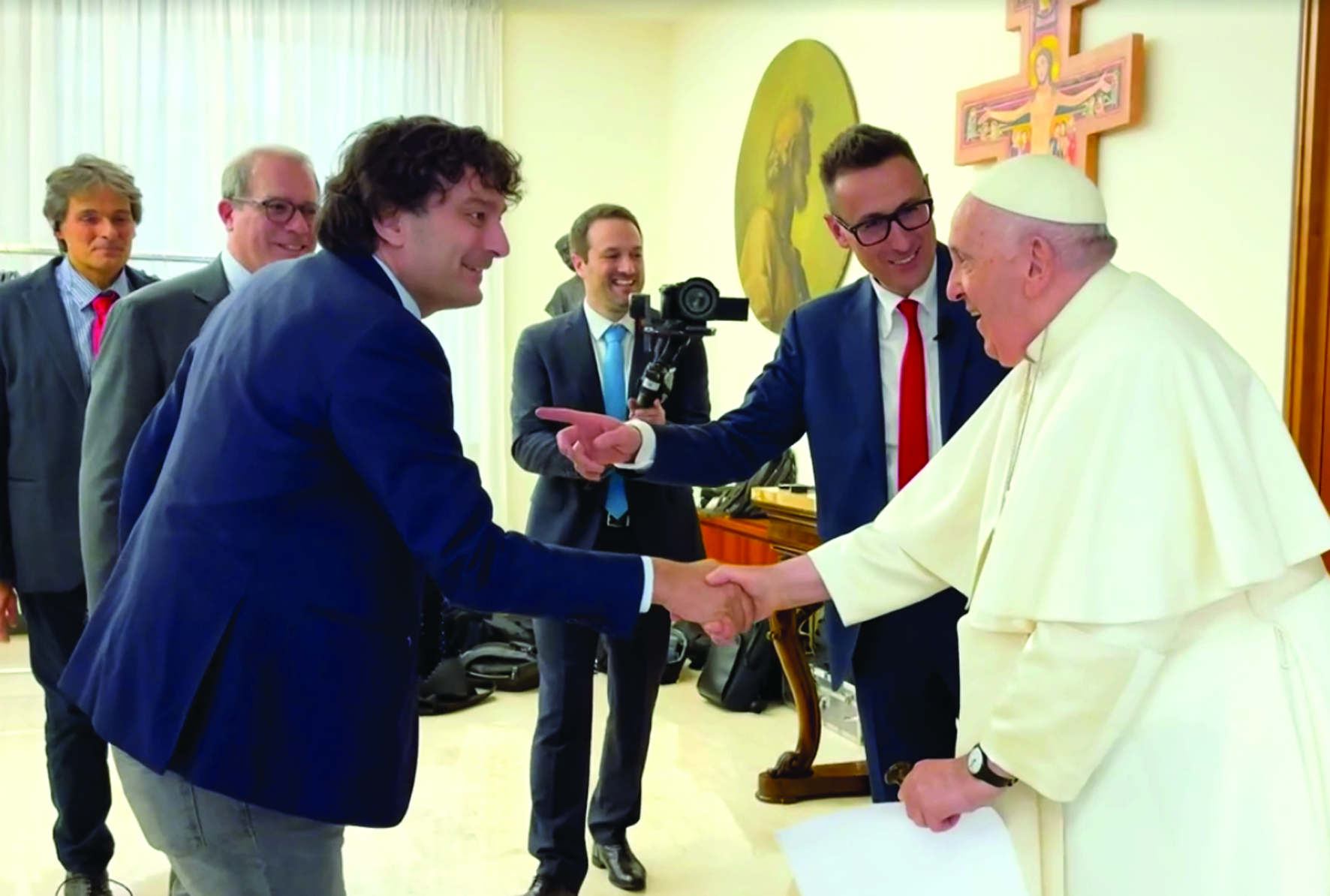
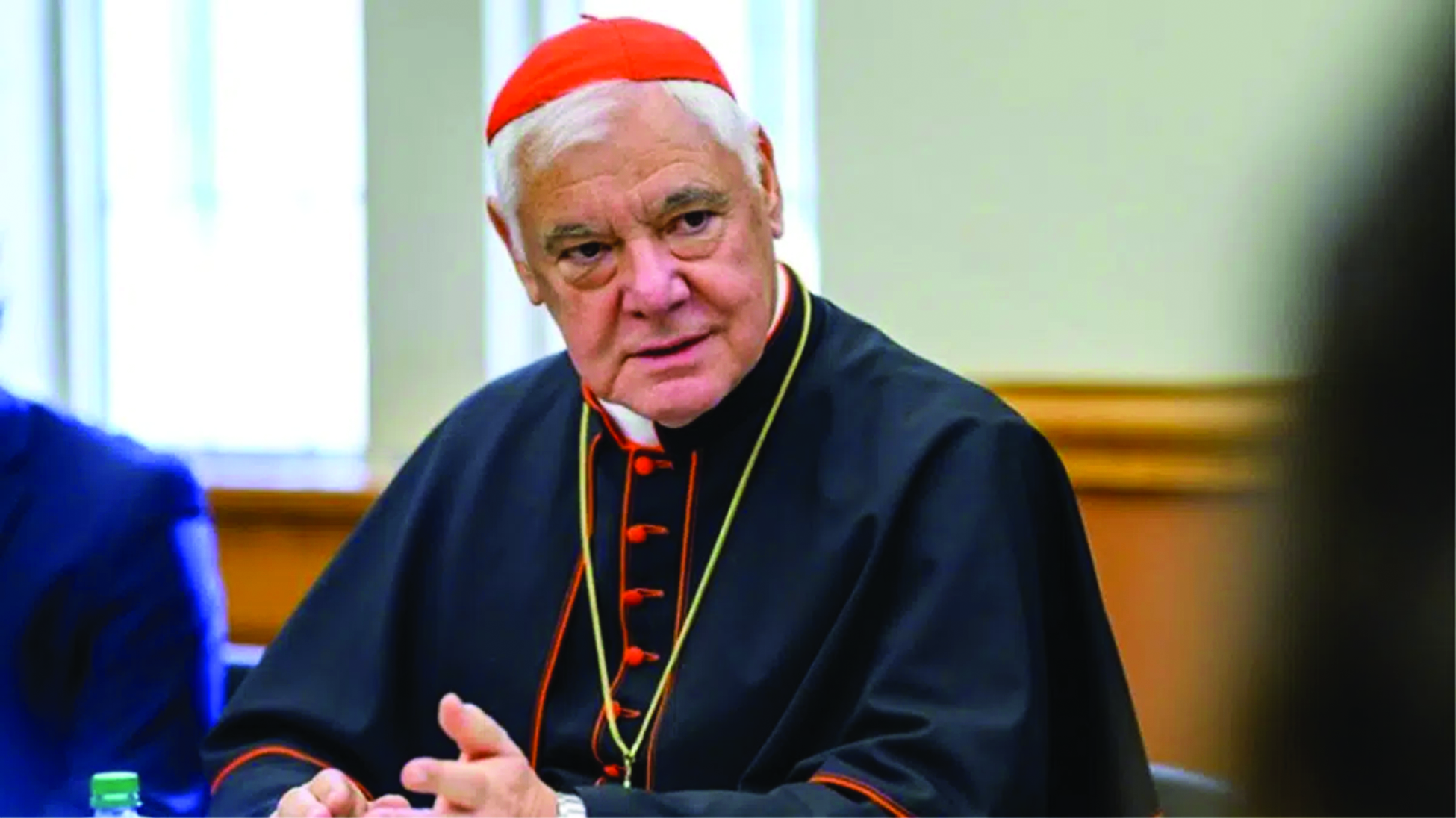
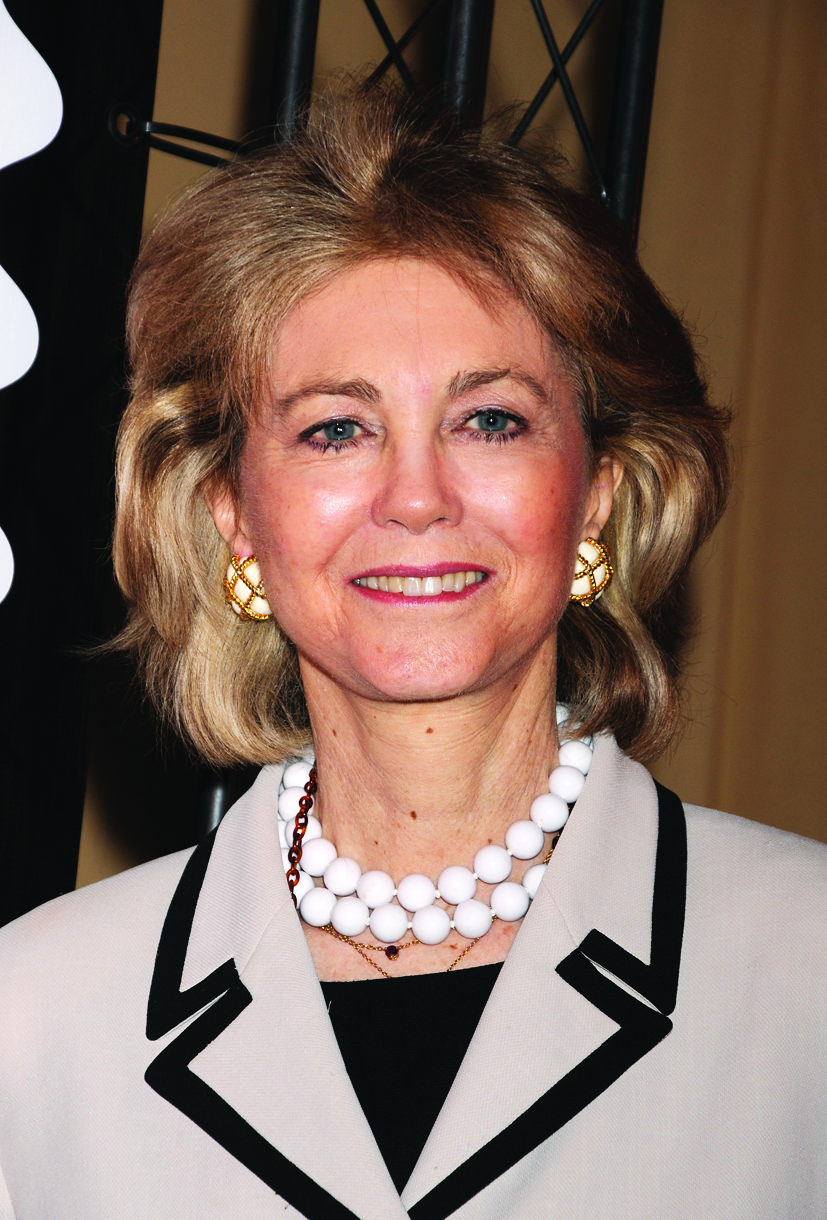
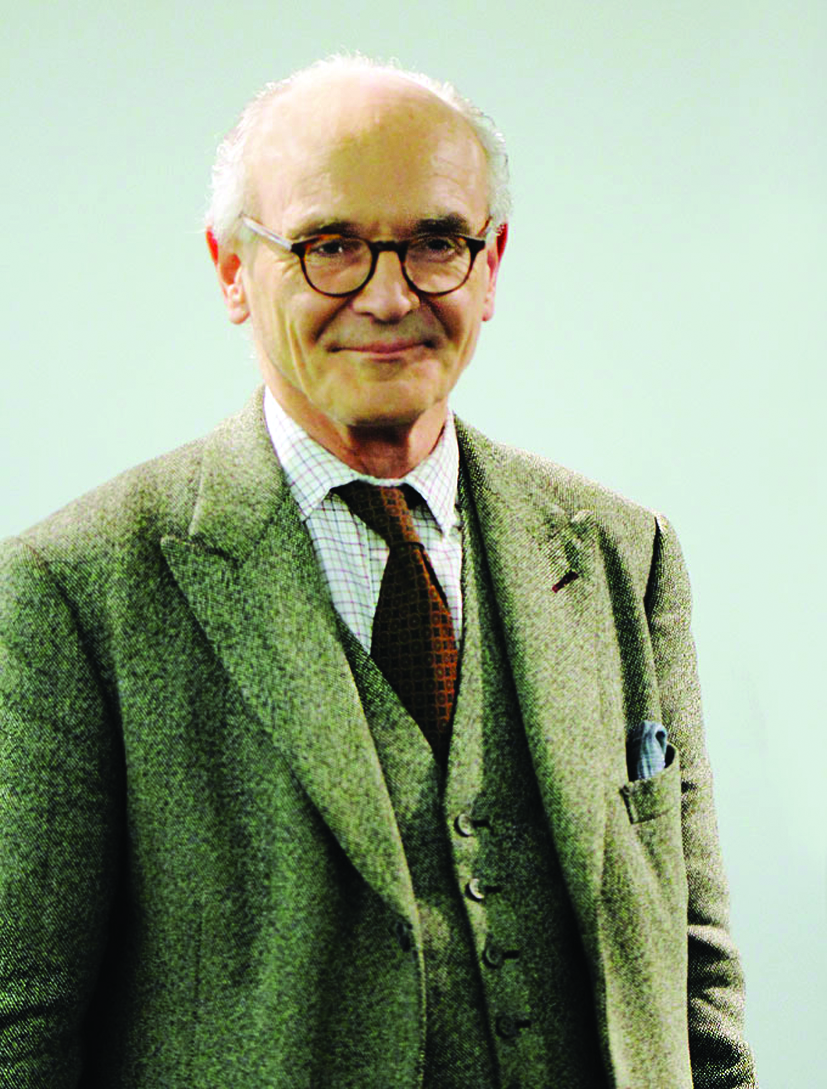
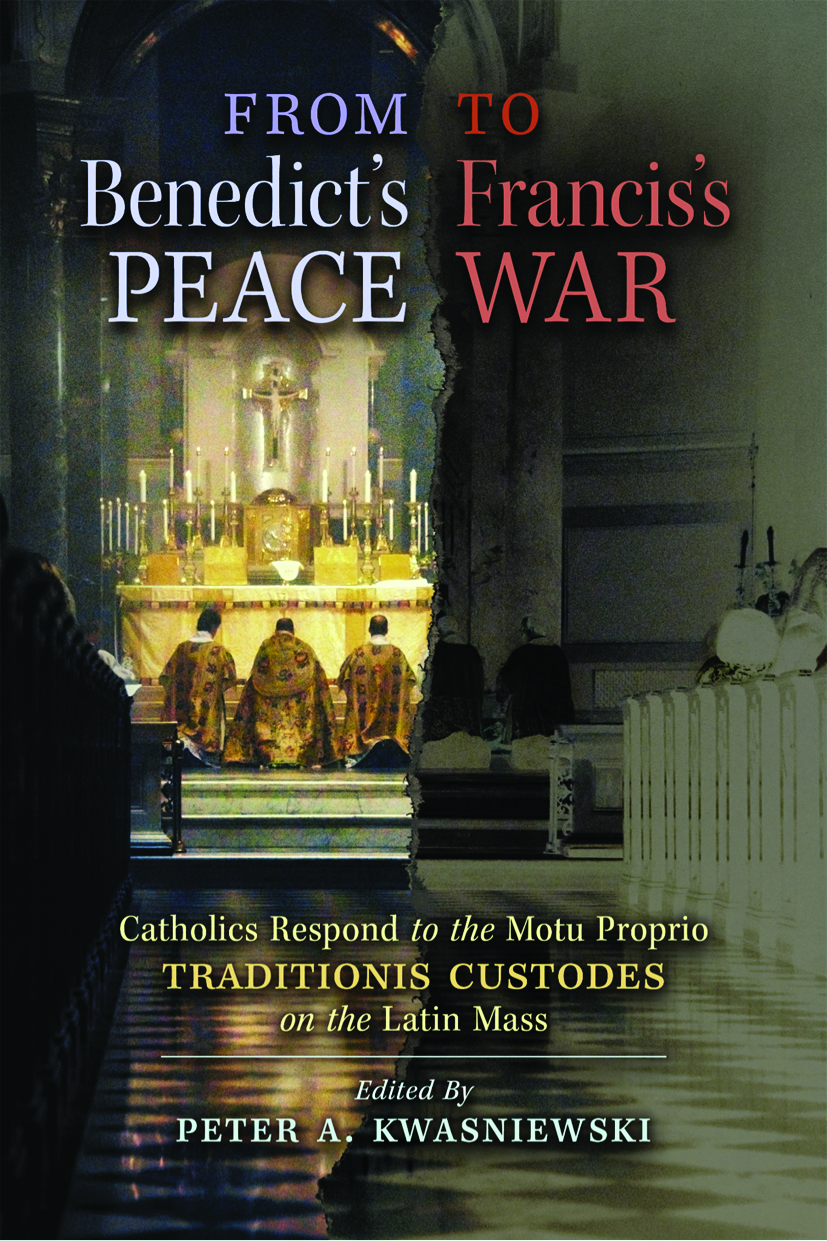
Facebook Comments